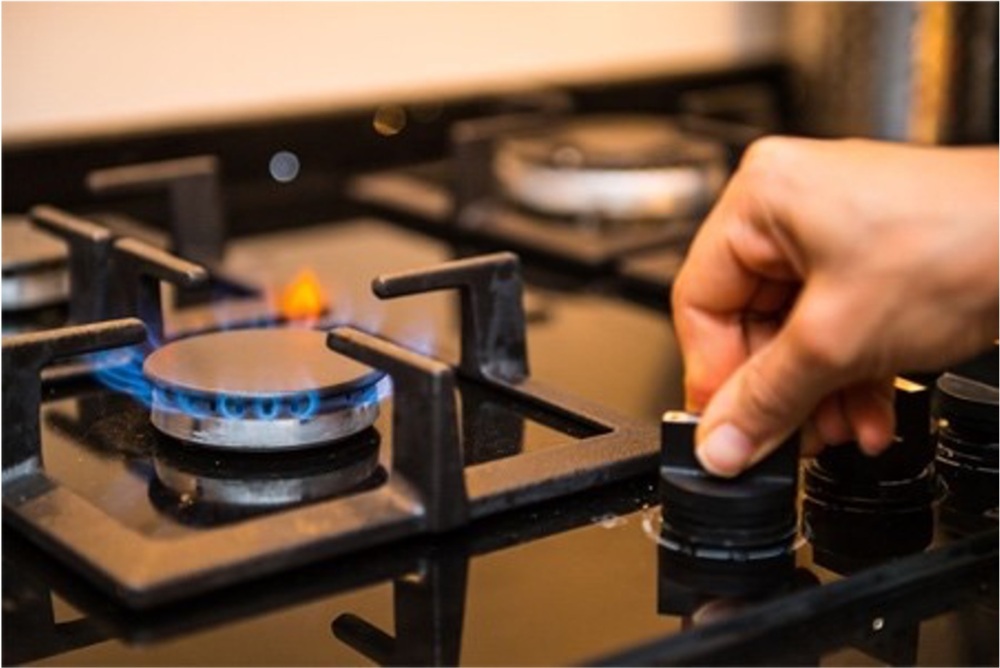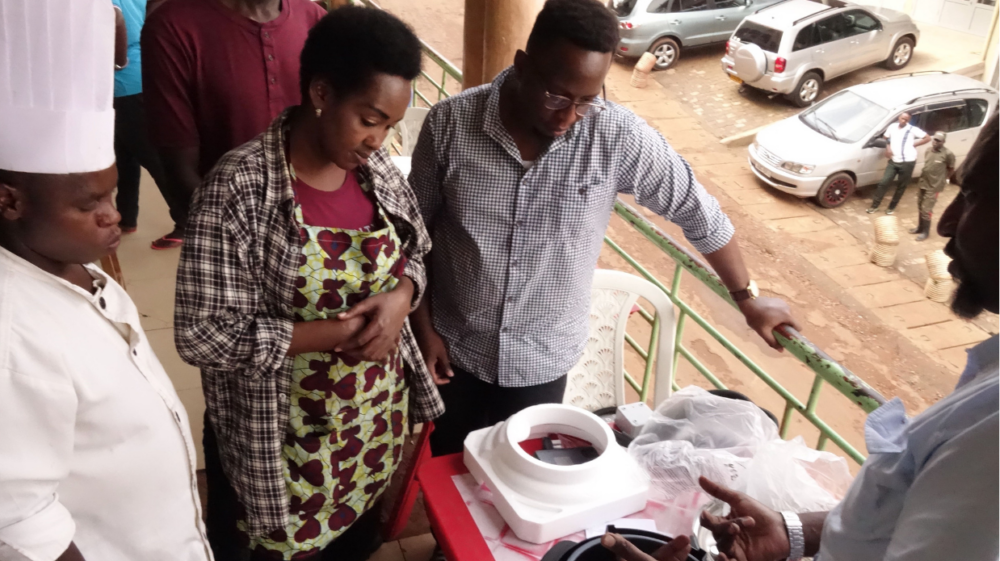CLASP Study Shows Appliance Efficiency Standards in the US Prevented Up to 4,400 Pollutant-Related Deaths Annually, Valued at $41 Billion
In the United States, national appliance efficiency standards reduce pollution-related deaths and advance equity goals.
Washington DC, 11 March, 2024 – CLASP’s latest report, “How National Appliance and Equipment Energy Conservation Standards Can Improve Public Health and Advance Justice40 Initiative Goals,” finds that standards adopted over the past 30 years have led to substantial reductions in fine particulate matter (PM2.5) and PM2.5 precursor emissions, which are harmful pollutants that can cause respiratory and cardiovascular health issues such as asthma, lung cancer, or heart disease. Data from 2017 suggest that this reduction could prevent between 1,900 and 4,400 PM2.5-related deaths every year. Using the value of statistical life, this translates to monetary benefits of $18 to $41 billion.
Importantly, CLASP’s study finds that the benefits of these standards are distributed relatively equitably among communities with those designated as disadvantaged by Justice40, an initiative aiming to ensure that 40% of the overall benefit of federal climate investments go to disadvantaged communities, receiving a significant share.
These findings demonstrate the far-reaching positive impacts of standards and highlight the importance of the US Department of Energy meeting its deadlines for updating approximately 50 appliance efficiency standards, including for water heaters, by January 2025. Finalizing all pending standards could avert 2.5 billion metric tons of greenhouse gas emissions while saving consumers nearly $1 trillion over 30 years, according to the agency.
The report outlines actionable recommendations to amplify the benefits of standards and suggests ways to measure their contribution towards Justice40 goals. By implementing these recommendations, policymakers, industry stakeholders, and communities can work together to ensure that national appliance standards continue to drive positive change for all people and the planet.
Read the full report here.









